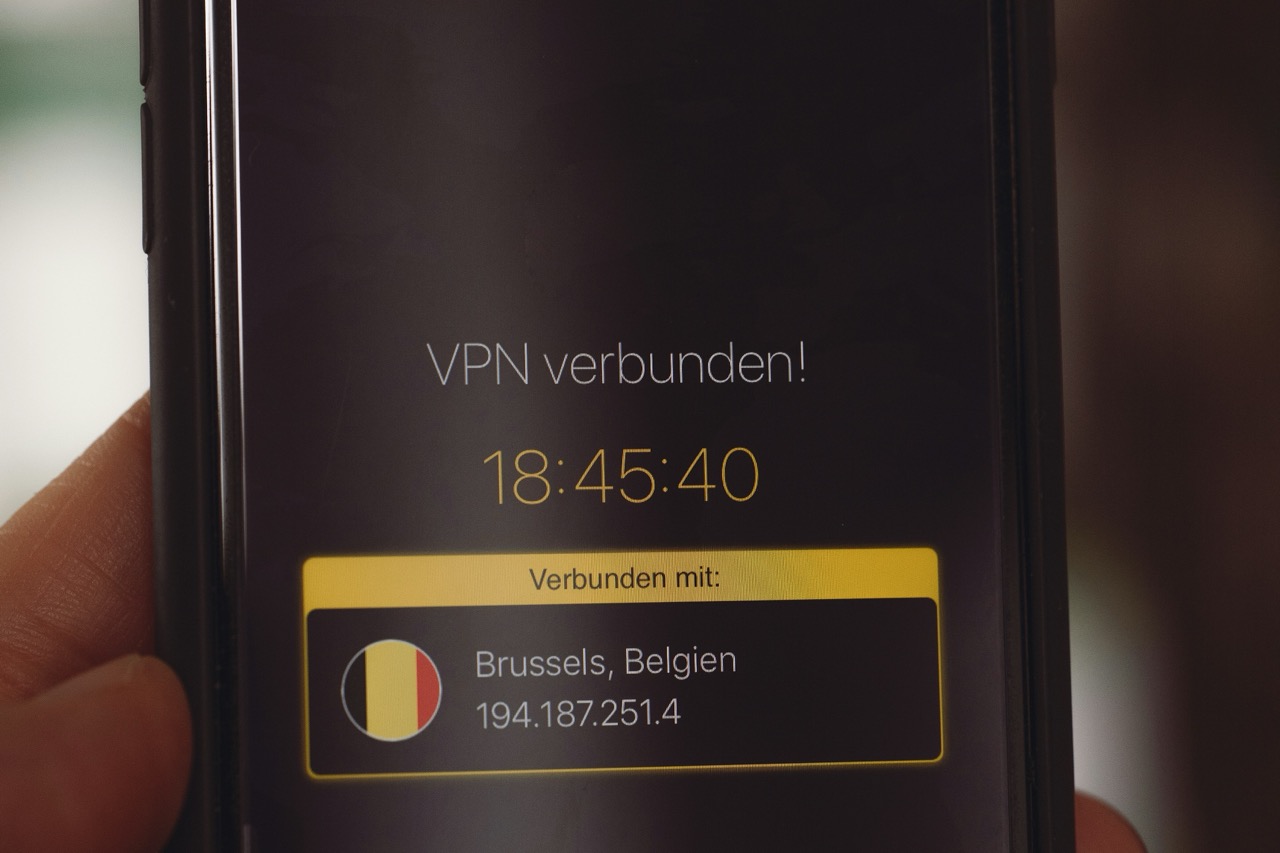In an increasingly interconnected world, the rise of cybercrime presents significant challenges for individuals and organizations alike. Cybercriminals exploit vulnerabilities in digital systems, targeting unsuspecting victims through various means such as hacking, phishing, and identity theft. In this context, tools and technologies that enhance cybersecurity become essential for protecting sensitive information. Among these tools, Virtual Private Networks (VPNs) have emerged as a crucial component of online security, with Surfshark leading the charge in providing robust protection against cyber threats. This article delves into how Surfshark helps prevent cybercrime through its advanced features and reliable technology.
Understanding Cybercrime Threats in the Digital Age
Cybercrime encompasses a wide range of illicit activities that exploit the vulnerabilities of digital technologies. These threats can manifest in several forms, including malware attacks, ransomware, hacking, and data breaches, all of which can have devastating effects on individuals and organizations. The rapid evolution of technology has made it easier for cybercriminals to develop sophisticated techniques that bypass traditional security measures, leaving users exposed to potential threats.
One of the most pressing issues today is identity theft, where cybercriminals gain unauthorized access to personal information, such as Social Security numbers and bank account details. Phishing attacks, often disguised as legitimate communications, have become a common method for tricking users into divulging sensitive information. Moreover, the rise of the Internet of Things (IoT) has introduced new vulnerabilities, as connected devices often lack robust security features, making them attractive targets for cybercriminals.
The consequences of cybercrime can be severe, ranging from financial loss to reputational damage. Organizations may face legal ramifications and regulatory fines for failing to protect customer data, while individuals may suffer emotional distress and financial hardship. As such, understanding the landscape of cyber threats is crucial for developing effective defense strategies, making the role of cybersecurity technologies like VPNs more important than ever.
The Role of VPN Technology in Cybersecurity Solutions
Virtual Private Networks (VPNs) serve as a foundational technology in the realm of cybersecurity, providing a secure and encrypted connection between a user’s device and the internet. By masking a user’s IP address and routing internet traffic through a secure server, VPNs help protect sensitive data from interception by cybercriminals. This is particularly vital when using public Wi-Fi networks, which are often targeted by attackers seeking to exploit unprotected connections.
VPN technology also plays a critical role in enhancing user privacy. By encrypting internet traffic, VPNs prevent third parties, including internet service providers (ISPs) and government agencies, from tracking online activities. This level of privacy is essential in a digital environment where data harvesting and surveillance are prevalent, as it helps users maintain control over their personal information and browsing habits.
Additionally, VPNs can mitigate the risk of geographical restrictions and censorship, allowing users to access content that may be blocked in their region. This capability not only enhances user experience but also protects users from potential legal repercussions associated with accessing restricted content, thus further underscoring the multifaceted role of VPN technology in cybersecurity.
Surfshark’s Features for Enhanced Online Protection
Surfshark offers a range of features designed to bolster online security and protect users from cybercrime. One of its standout features is the CleanWeb functionality, which blocks ads, trackers, and malware, ensuring a safer browsing experience. By preventing malicious content from being loaded, users are less likely to encounter phishing attempts or inadvertently download harmful software.
Another significant feature of Surfshark is its MultiHop function, which allows users to route their internet traffic through multiple servers in different countries. This added layer of security makes it more challenging for cybercriminals to trace a user’s online activities or pinpoint their location. Furthermore, Surfshark’s strict no-logs policy ensures that user data is not stored or shared, providing an additional layer of privacy.
Surfshark also excels in offering a user-friendly interface and compatibility across various devices, making it accessible for both tech-savvy users and those less familiar with cybersecurity tools. With unlimited device connections allowed under a single subscription, Surfshark enables households and organizations to protect multiple devices simultaneously, reinforcing the importance of comprehensive cybersecurity measures in today’s digital landscape.
Case Studies: Surfshark’s Impact on Cybercrime Prevention
To illustrate the effectiveness of Surfshark’s capabilities in combating cybercrime, several case studies highlight real-world scenarios where Surfshark has made a significant impact. One notable example involves a user in a high-risk region who was targeted by phishing scams. By utilizing Surfshark’s CleanWeb feature, the user was able to browse securely, effectively blocking malicious ads and preventing the download of harmful content, ultimately safeguarding their sensitive information.
Another case study involves a small business that experienced repeated hacking attempts. By implementing Surfshark’s MultiHop feature, the business was able to obscure its IP address and secure its online transactions. This proactive approach not only deterred potential cybercriminals but also fostered trust among customers, who felt more confident in the company’s commitment to data protection.
Additionally, a user who frequently traveled abroad reported that Surfshark allowed them to access essential services that were otherwise restricted due to geographical limitations. By maintaining a secure connection, the user was able to work efficiently without compromising their personal data. These case studies exemplify how Surfshark’s innovative features contribute to a safer online environment and demonstrate the vital role VPNs play in cybercrime prevention.
In conclusion, as cybercrime continues to evolve, the need for effective cybersecurity measures becomes increasingly critical. Surfshark stands out as a valuable ally in this fight against cyber threats, providing innovative features that enhance user protection and privacy. By leveraging VPN technology, Surfshark empowers individuals and organizations to safeguard their sensitive information and maintain secure online activities. As cybercrime remains a persistent challenge, tools like Surfshark not only help prevent potential attacks but also foster a safer digital environment for all users.










